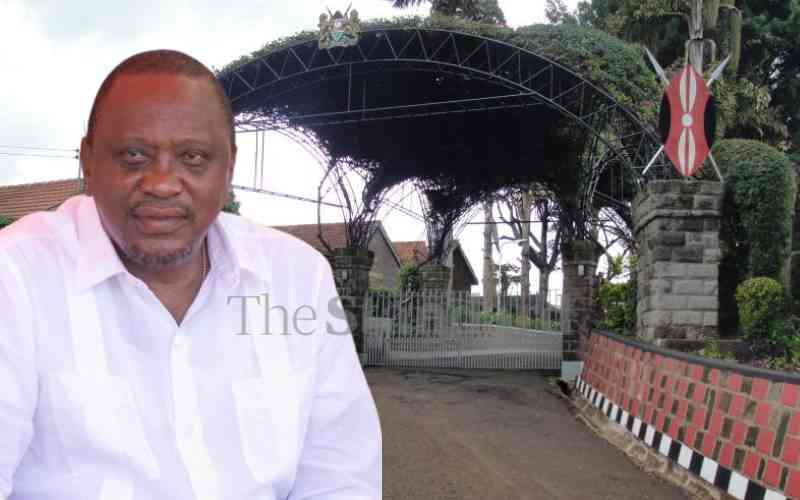×
The Standard e-Paper
Kenya’s Boldest Voice

The recent clemency petition to Mama Ngina Kenyatta by none other than today's high-ranking politico and government official from Mt Kenya region, Deputy President Rigathi Gachagua, has reinforced myths around the family of Kenya's first head of state, Jomo Kenyatta.
If you happen to hail from the region and interact with people who are in their 60s, you will hear weird stories about the founding father and his family.